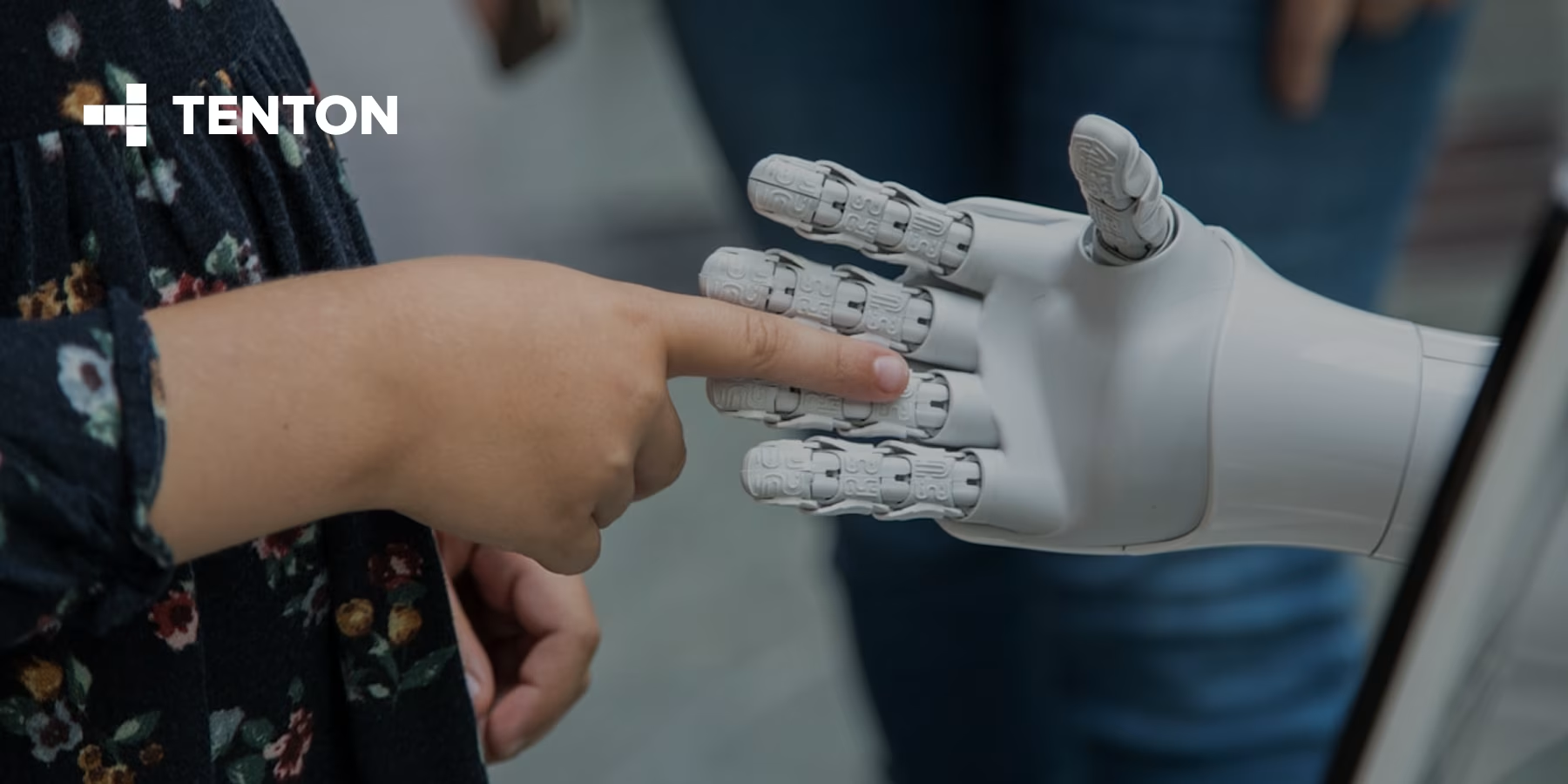
The Future of Work: How AI Job Matching Is Revolutionizing the Hiring Game
Remember the days of sifting through stacks of paper resumes, each one looking much like the last? The talent acquisition world once relied on manual, time-consuming processes that made finding the right person feel like a monumental task. Today, that entire landscape is being redefined by one of the most powerful forces in business: artificial intelligence. The new hiring game is here, and it’s all about AI job matching.
This isn't science fiction. It’s a sophisticated recruiting technology that is making the process smarter, faster, and more human-centered than ever before. It's about letting the technology handle the heavy lifting so that recruiters can focus on what they do best: building meaningful connections and truly understanding people.
Beyond Keywords: The Core of Modern AI Talent Acquisition
Modern AI in hiring goes far beyond simple keyword searches. It uses machine learning to understand the true substance of both a job description and a candidate's profile.
- Intelligent Candidate Sourcing: AI acts as a digital talent scout, tirelessly searching public databases, professional networks, and social media for candidates who might not even be actively looking for a new role. It doesn't just look for a job title; it analyzes a person's skills, experience, and projects to identify hidden gems and expand the talent pool far beyond the traditional list of applicants.
- The Art of Resume Screening: This is where AI job matching truly shines. Instead of a human sifting through thousands of applications, an AI system can parse and analyze them in a matter of seconds. It looks for a much broader range of signals, from a candidate's work history and skills to the context of their previous roles, to create a ranked shortlist. This not only dramatically speeds up the process but also reduces the chance that a highly qualified candidate is overlooked.
- Streamlined Communication and Interviewing: AI chatbots now handle the initial interactions with candidates, answering common questions and managing the tedious task of scheduling interviews. Some advanced platforms even use AI to analyze a candidate's communication during initial video screenings, providing a structured, objective assessment of their responses and delivery. This ensures a consistent experience for every applicant, giving recruiters a strong, data-driven starting point for their evaluations.
A New Kind of Fairness: The Two-Sided Benefits
The impact of this AI recruitment revolution is felt by everyone involved.
For Employers:
- Efficiency and Strategic Focus: By automating the mundane tasks of sourcing and screening, AI frees up recruiting teams to act as strategic partners within their organizations. They can spend their time on building relationships with top talent and designing a better overall candidate experience.
- A More Diverse Workforce: One of the most powerful benefits of AI is its potential to reduce unconscious bias. By focusing on objective data points like skills and experience, and by anonymizing certain information, AI can help companies build a more diverse and inclusive workforce.
For Job Seekers:
- A Level Playing Field: AI can provide a fairer chance for candidates who might have been overlooked by traditional methods. It looks past a person’s name, where they went to school, or other factors to focus on their true qualifications.
- Personalized Opportunities: Instead of generic job notifications, job seekers receive highly relevant recommendations, ensuring they are connected with roles that are a genuine fit for their skills and career goals.
The Human Touch in the Age of AI
Despite its immense power, this technology is not without its challenges. The biggest concern is algorithmic bias, where an AI system can inadvertently learn and perpetuate biases found in historical data. The well-known case of Amazon having to abandon a recruiting tool because it was biased against female candidates serves as a powerful reminder of this risk.
This is why the most forward-thinking companies are embracing a "human-in-the-loop" model. They understand that while AI talent acquisition can handle the data and scale, human expertise is still essential for making the final, most critical decisions. Recruiting technology should be a partner to the human recruiter, not a replacement for them. The final choice of a new employee is ultimately a human one, guided by empathy, judgment, and a deeper understanding of personality and cultural fit.
Ultimately, AI job matching is not just a trend, it’s the future of how we find and connect with talent. By harnessing its power responsibly, we can create a hiring process that is not only faster and more efficient but also more equitable and rewarding for everyone involved.
Read More

Microservices Architecture
Learn what microservices architecture is, its key characteristics, benefits, and challenges.
10 Sep 2025

AI Raters & LLM Training Models: The Human Touch in AI Optimization
Discover how human AI raters are essential for optimizing Large Language Models (LLMs), ensuring accuracy, reducing bias, and driving ethical AI development. Learn how to optimize your content for the AI era.
11 Jul 2025